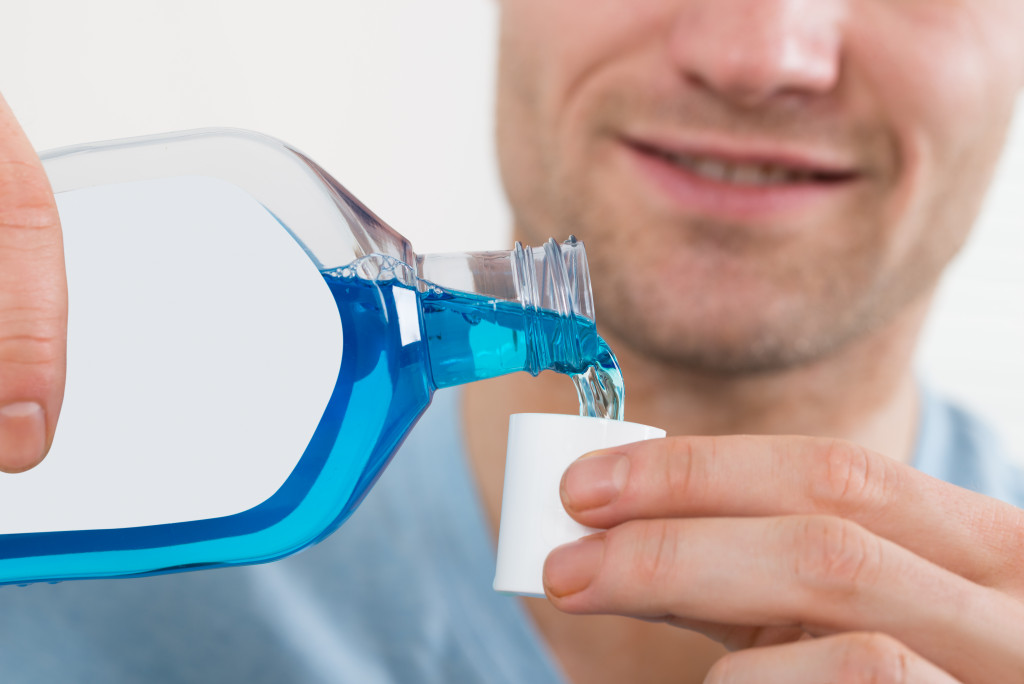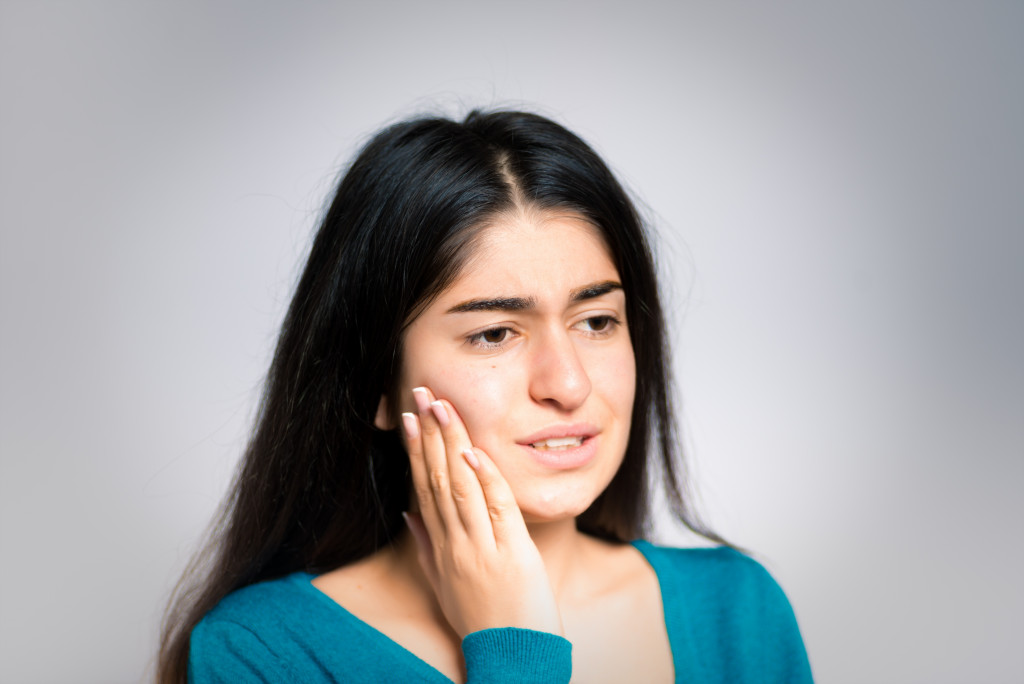When cold or hot drinks almost always hurt you with short, stabbing pains, then most likely you have teeth sensitivity. You may be damaging your teeth without knowing it. But you don’t have to skip on cold or hot foods and drinks altogether, just avoid those harmful habits. There are also many other ways you can treat sensitive teeth.
How to Treat Tooth Sensitivity
Tooth sensitivity is usually a sign of other problems like gum disease, naturally shrinking gums, or a cracked filling or tooth. When any of these is the root of your problem, then treating them is the best you can do to have your teeth sensitivity subside.
If you’ve found out just what causes your tooth sensitivity, then focus on treating the issue or avoiding harmful habits and certain foods and beverages. Generally, protecting your enamel is the best solution.
Know what causes teeth sensitivity so you can stop any harmful habits, foods, beverages, or items and lessen the pain.
Here are some causes and their solutions:
Extreme brushing
Brushing with too much force, especially using a hard-bristle toothbrush, can wear down your teeth’s protective layers, exposing the tiny canals or hollow tubes leading to your dental nerves. The reason you experience discomfort and sensitivity is that the tubes are exposed to acidic, sticky, or extremely cold or hot foods and drinks. To avoid sensitivity caused by wrong brushing, you can use a soft-bristled brush and clean your teeth at a 45-degree angle.
Teeth grinding
Enamel may be the strongest part of your body but if you have the habit of teeth grinding, you’re wearing them down. Teeth grinding or bruxism can expose the middle layer of your tooth, also called dentin, which again, can lead to exposing the hollow tubes of your teeth, then the nerves. Be aware if you grind your teeth at night or during the day when you feel tense.
You can wear a mouthguard or splint when sleeping or learn to manage your stress. If you notice your teeth clenching is caused by stress, then you might not need any dental procedures such as changing the position of your teeth. You can take muscle relaxants or manage your stress through meditation, breathing, and many other relaxation techniques.
Eating acidic foods
When the pathways to your nerves are exposed, eating acidic foods such as lemon, pickles, tomato sauce, and grapefruit can really lead to teeth discomfort. As much as possible, avoid any kinds of acidic foods.
Acidic foods can be anything from soda to high-sugar carbs. Instead of acidic treats, you can have milk, cheese, plain yogurt, and fiber-rich vegetables and fruits. These foods can greatly help moisten your mouth, hence, fighting acid and bacteria.
Using mouthwash and whitening toothpaste

With exposed dentin, your mouth may become more sensitive to tooth-whitening ingredients in toothpaste and some over-the-counter mouthwash. If you notice your toothpaste with whitening ingredients, then you might want to switch to other products that don’t have. Alcohol and other chemicals can make your dentin-exposed teeth more sensitive, so try mouth rinses that have neutral fluoride instead.
If you’re intentionally using teeth-whitening products, then you might want to take a break from bleaching. If it causes pain every time you’re using them, visit your dentist to determine whether you should continue using them or not.
Having excessive plaque
Your teeth’s enamel will wear away when you develop excessive plaque build-up, increasing sensitivity. Regularly flossing and brushing your teeth after you eat can prevent the build-up. Visit an affordable and experienced dentist so you can get a cleaning every six months at a low cost.
Receding gums
When you have gum diseases, such as receding gums and gingivitis, then you’re also most likely going to have sensitive teeth. Gums recede with age, especially when one didn’t take good care of them. Plaque build-up happens first, then a bacterial infection accumulating on teeth, which then leads to gum recession. Gingivitis happens the same way with plaque building around the teeth, resulting in inflammation around the gum tissues. Your dentist may recommend certain procedures that can seal your teeth.
Having had a tooth cracked
With cracked teeth, the pain will not just be about sensitivity. You will also feel pain with biting, chewing, or being exposed to extreme temperatures. The methods used for a cracked tooth may include tooth extraction or cap.
Decaying around your fillings’ edges
When you’re older, your fillings can get weaker, with leaks or fractures around the edges. Bacteria may then accumulate in the little crevices, resulting in enamel wearing down or acids building up.
Your dentist will provide you with the most effective solutions and dental lifestyle recommendations. Make sure you visit your dentist regularly.

